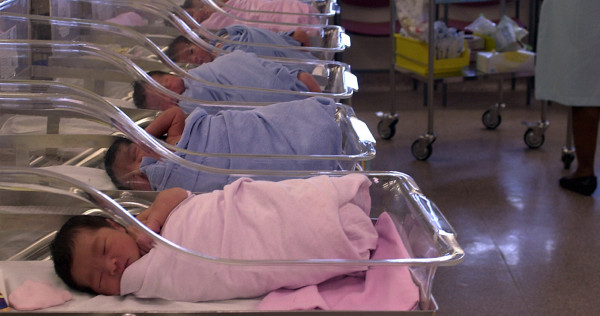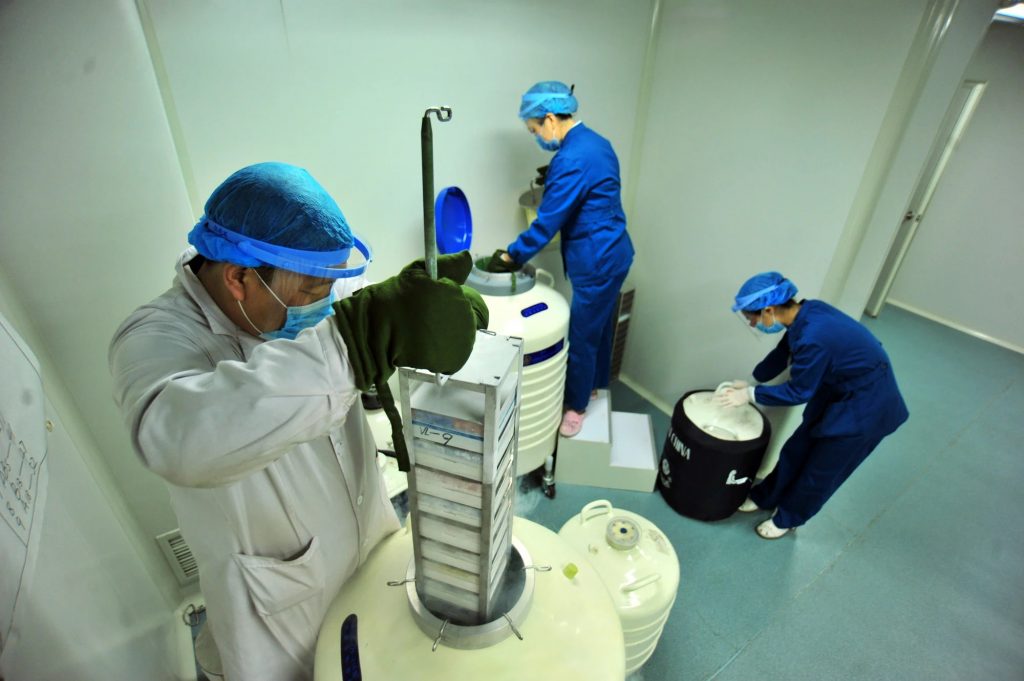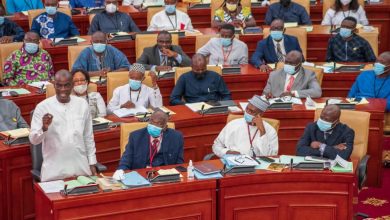Queensland orders purge of frozen sperm amidst misidentification concerns

In Queensland, Australia, a purge of frozen sperm has been ordered after an audit by the health watchdog revealed that almost half of the fertility samples were at risk of misidentification.
Such mix-ups can deprive parents and donor children of crucial genetic information and medical records, potentially leading to accidental incest, advocates warn.
Queensland, which hosts one of Australia’s largest IVF industries, is currently self-regulated and has faced scrutiny amid allegations of malpractice by some of its biggest providers.
This cleanup exacerbates a national shortage of donated sperm, driven by high demand, stricter regulations, and pandemic-related disruptions.
Government data shows that one in six Australian couples struggle to start a family, with many increasingly relying on donors.
An inquiry by the state’s health ombudsman found “systemic issues” in the multi-million-dollar sector, particularly regarding “quality and safety” and “safeguards for consumers, donors, and donor-conceived children.”
The report highlighted that 42% of sperm donations, egg samples, and embryos in Queensland had issues with “identification and traceability,” indicating that clinics had either lost track of, incorrectly labeled, or allowed samples to deteriorate below laboratory standards.
Allegations from patients included accusations against IVF providers for not disclosing donors’ medical conditions, misidentifying eggs and embryos, and mixing up sperm.
One family claimed these errors resulted in them parenting children from different biological fathers.
The health ombudsman recommended that all fertility providers destroy stored donor material that does not meet current identification standards.

The report emphasized, “The impact on consumers and the donor-conceived children… cannot be underestimated,” and urged fertility providers to offer “appropriate counselling.”
It remains unclear how many sperm samples might be destroyed, but the ombudsman identified “thousands” frozen before 2020 as “high risk” due to non-compliance with “double witnessing”—a practice where two IVF professionals verify that a patient’s material is labeled correctly.
Anastasia Gunn, a mother suing one of Queensland’s fertility providers for allegedly providing her with the wrong sperm in 2014, expressed her dismay to the Guardian Australia, saying she was “horrified [but] not surprised” by the findings.
“It is scary to think how many patients may have unknowingly conceived with the wrong sperm,” she said. “Why were the clinics not double-checking when they were making humans? The effects of these errors last for generations.”
Source-BBC




